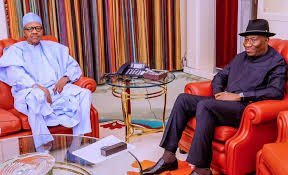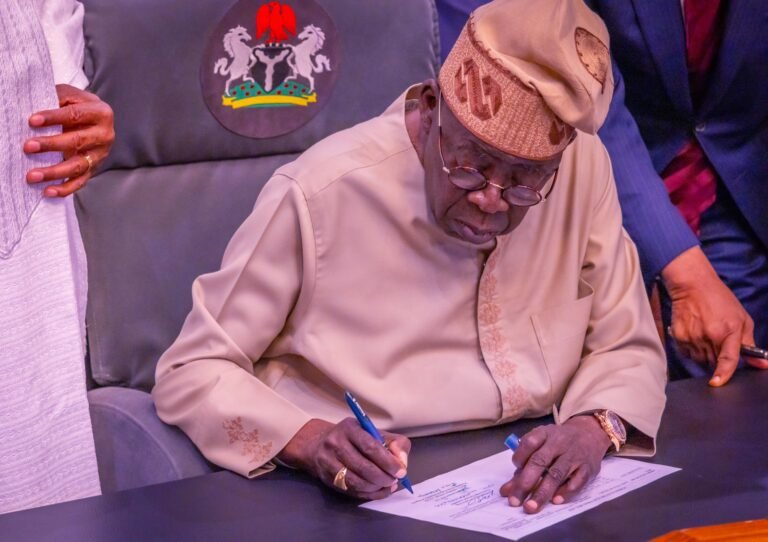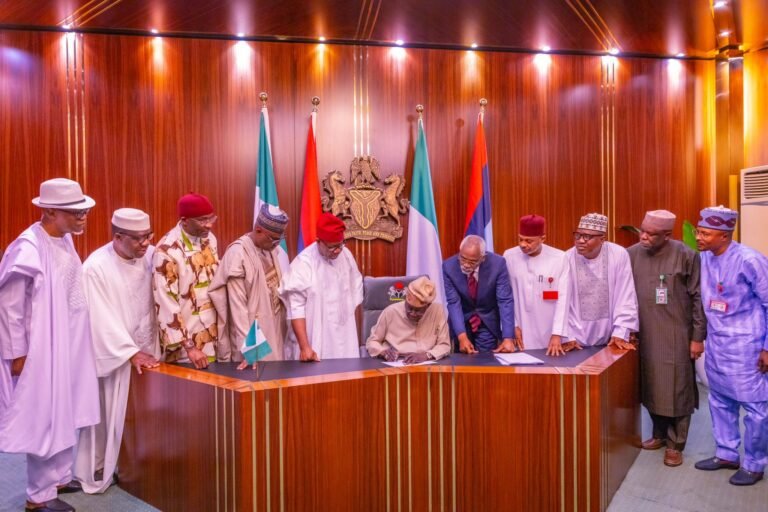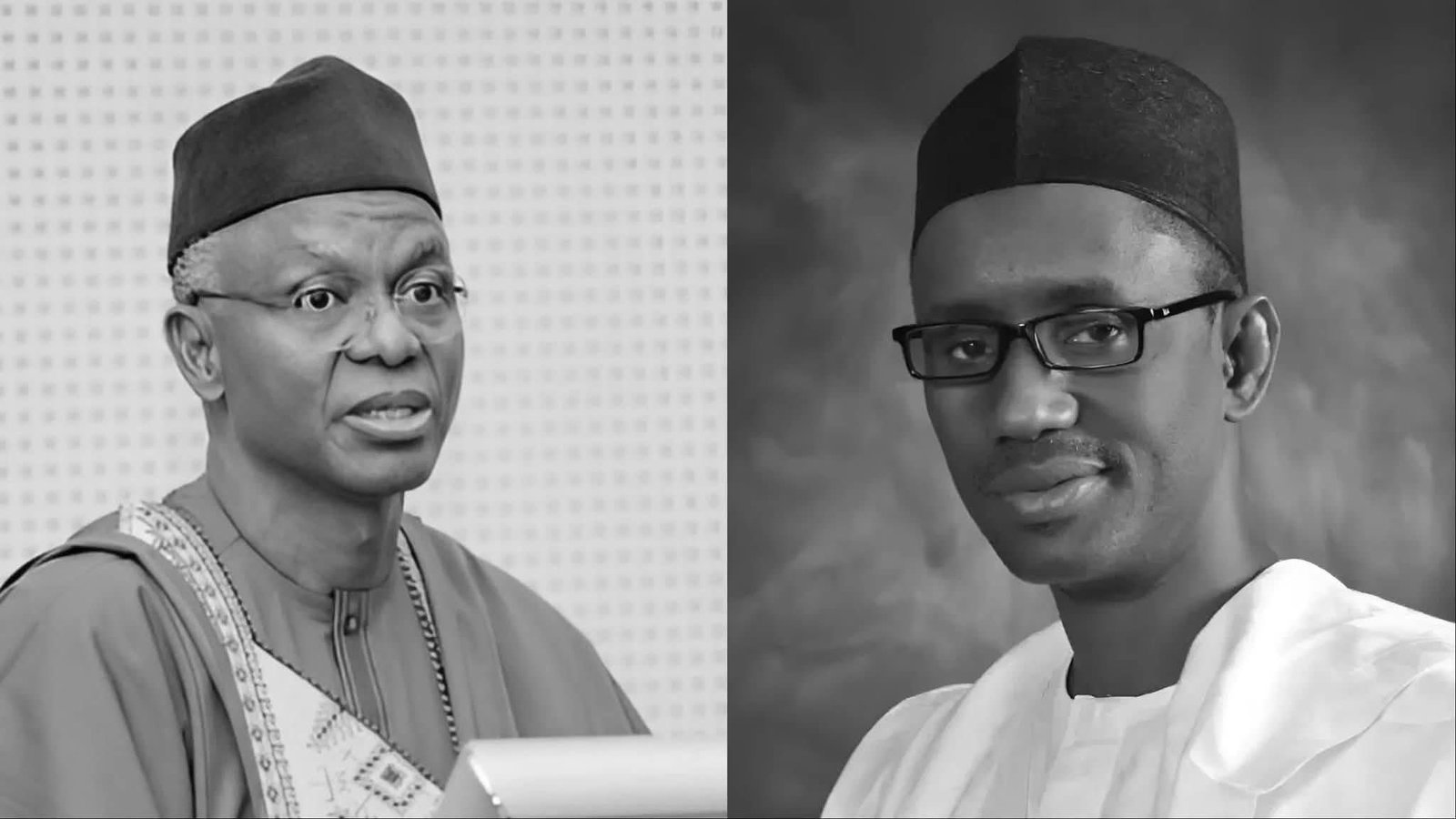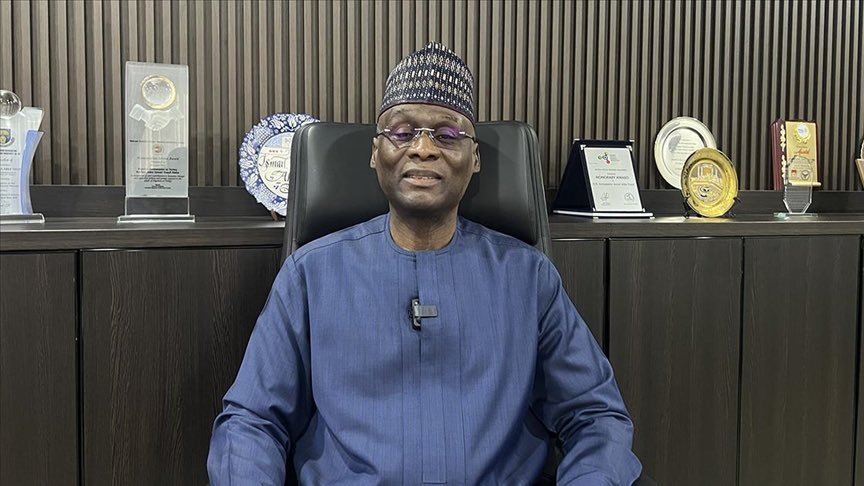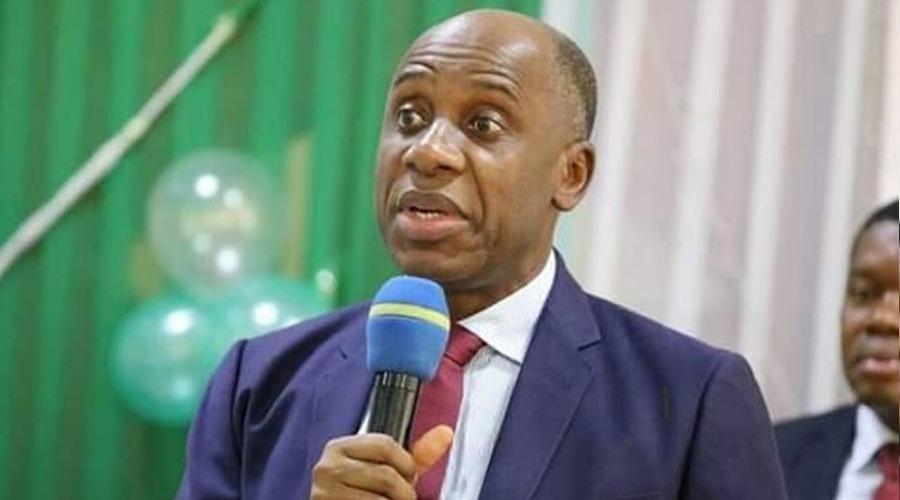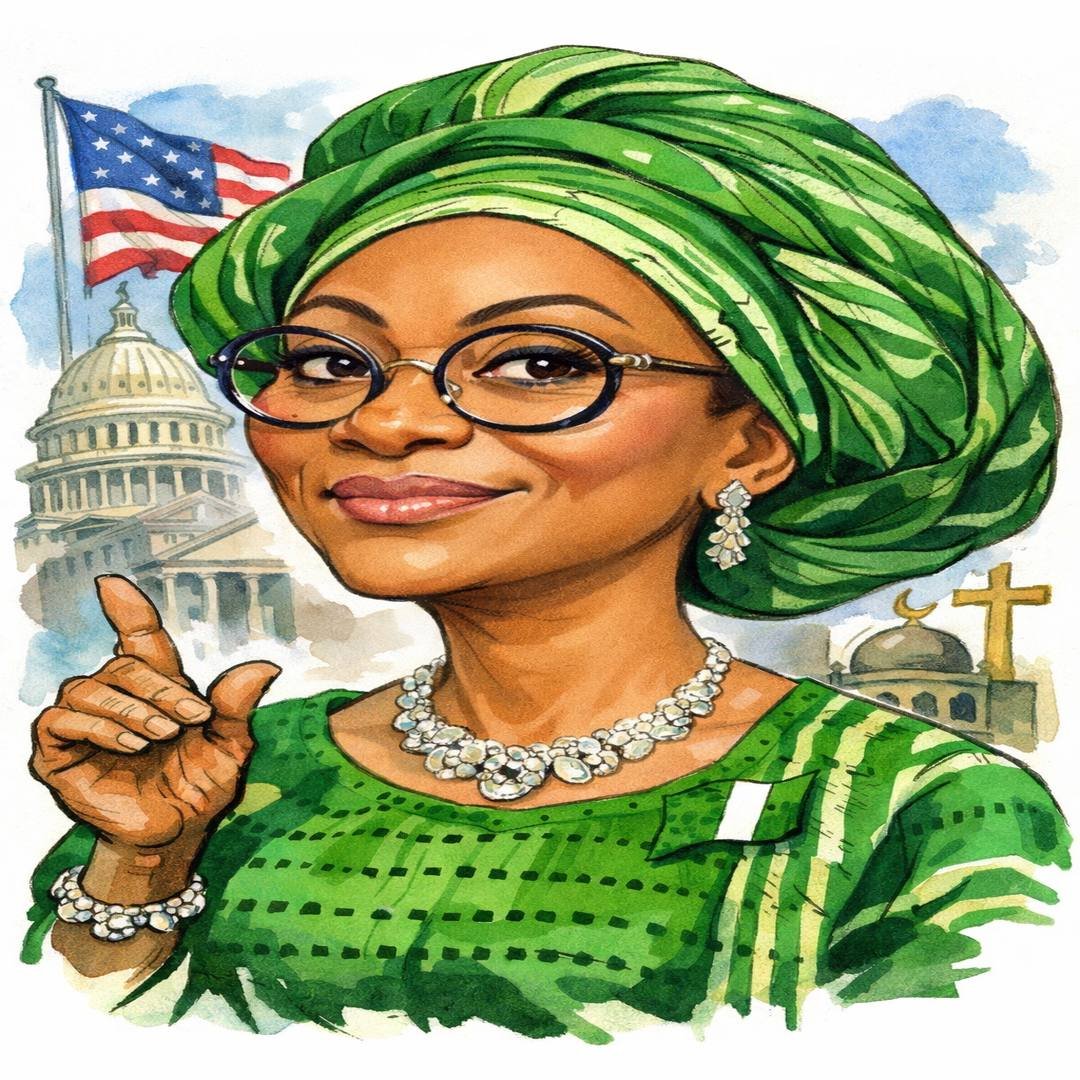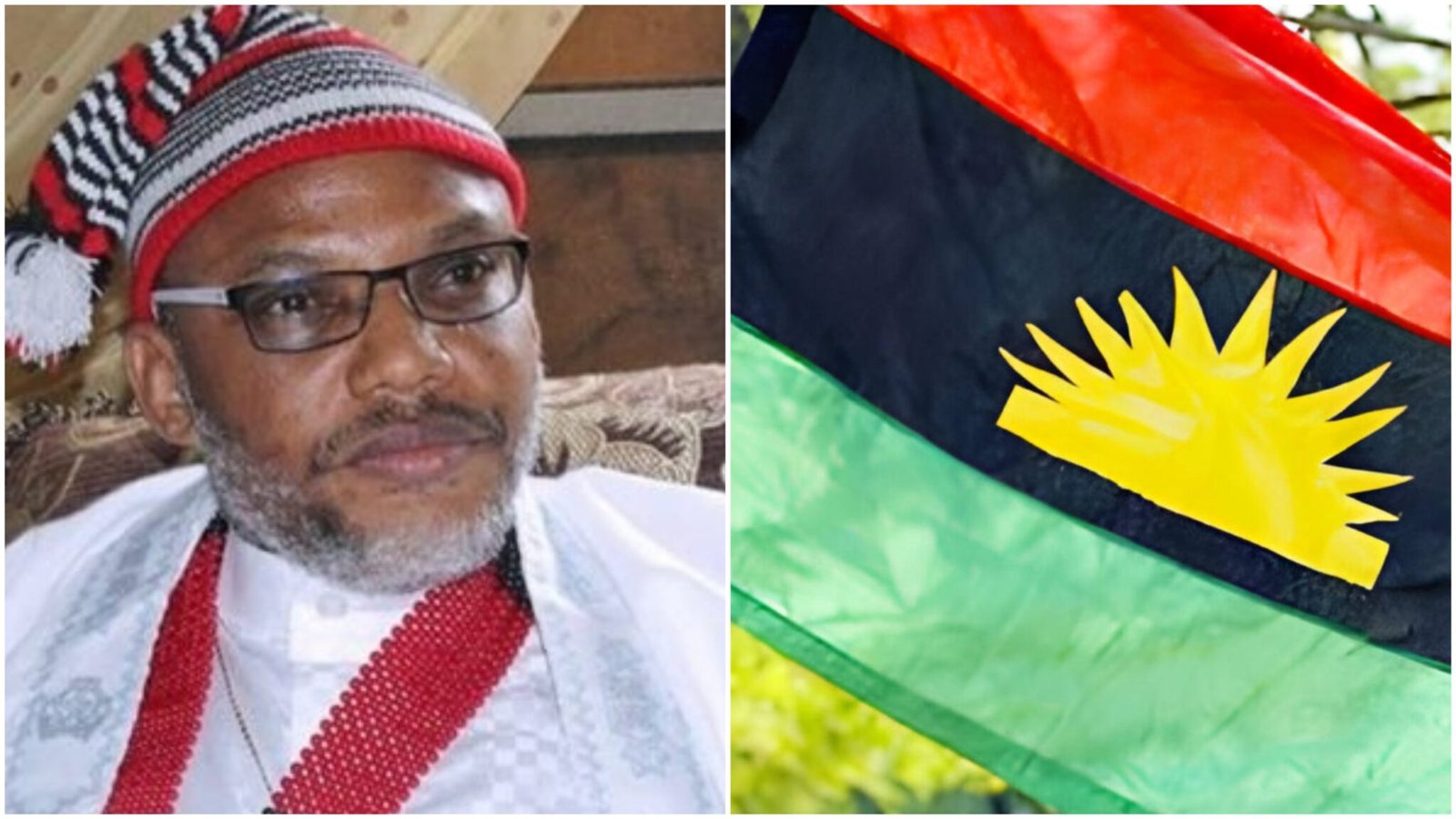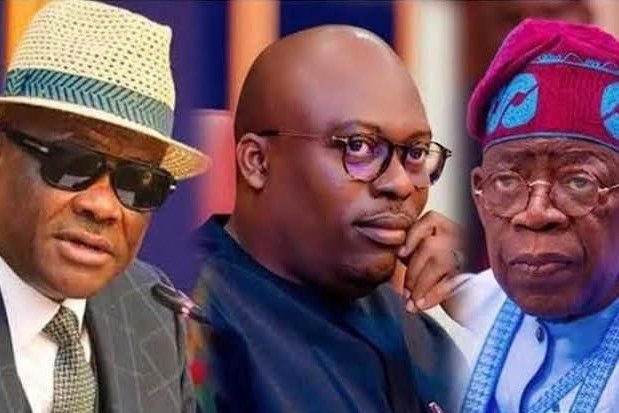Former President Goodluck Jonathan has revealed that Boko Haram once nominated Muhammadu Buhari, who later became president, to represent them in peace talks with the Federal Government.
Speaking in Abuja on Friday at the public presentation of Scars, a book authored by former Chief of Defence Staff, Gen. Lucky Irabor (retd.), Jonathan recalled that during his administration, several committees were set up to explore dialogue with the insurgents. In one instance, the sect specifically named Buhari as their preferred negotiator.
Jonathan said he believed this could have made it easier for Buhari, on becoming president, to negotiate their surrender. However, the insurgency continued, underscoring its complexity.
Also Read:
- Cost of Food Rises by 17.5% As Boko Haram Intensifies Attacks on Farmers
- Congressman Scott Perry's Allegations: USAID's Unintended Support of Boko Haram and the…
- Boko Haram and Super Camps: How a Military Misstep is Costing Nigerian Lives
- Arbiterz Jobs: African Development Bank Group, Palladium, Mastercard, Jumia
He explained, “When they nominated Buhari to represent them, I thought that once he became president, it would be easy for him to negotiate their disarmament. But the insurgency has persisted. That shows the Boko Haram issue is far more complex than people think.”
The former president noted that Boko Haram began in 2009 when he was vice president, and he spent five years fighting the insurgency. He expected Buhari to wipe them out quickly, but the group remains active.
Jonathan added that the crisis cannot be explained away as poverty or hunger alone, pointing to the sophisticated weapons Boko Haram fighters often wield, sometimes more advanced than those of Nigerian troops. He suggested the involvement of external backers.
He stressed the need for a “carrot-and-stick” approach and urged continued documentation of the insurgency by military officers and, eventually, by Boko Haram leaders themselves, to better understand the group’s motives.
Reflecting on the abduction of the Chibok schoolgirls in 2014, Jonathan described it as “a scar I will die with,” noting that the incident remains a painful mark on his administration.
Jonathan concluded by expressing hope that Nigeria would eventually overcome the insurgency if approached with fresh strategies beyond conventional methods.


